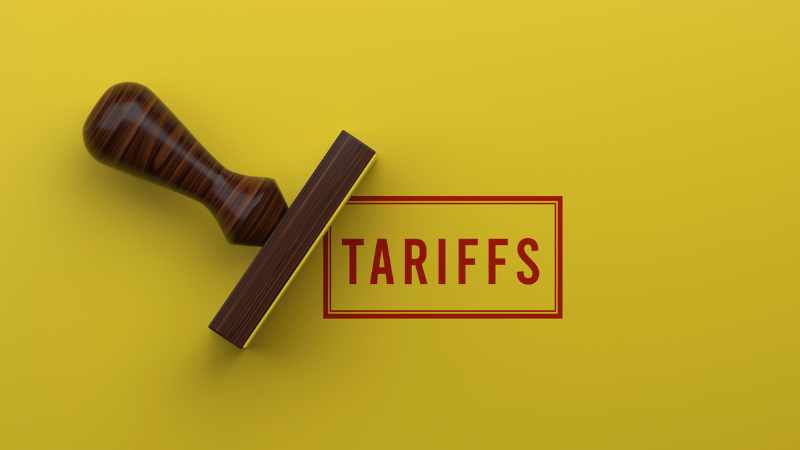
CHICAGO, September 1, 2025 —A federal appeals court ruled Friday that President Trump lacked the authority to impose many of the tariffs he set in April and increased in August, stoking hopes the food-away-from-home industry won't see a jump in the cost of imported supplies. But the business will have to wait to see if the duties are truly dead. The appeals court judges delayed a rollback of the tariffs until October to afford time for the White House to bring an appeal to the U.S. Supreme Court.
The extent of the chief executive’s power under existing law was the question brought to the U.S. Appeals Court for the Federal District. It decided that the president was not granted the authority to levy the tariffs by the International Emergency Economic Powers Act (IEEPA), a law intended to give the White House a freer hand in protecting the nation in war or other times of extraordinary danger. The situation did not merit the action, according to the justices.
The ruling affirmed the same earlier decision by the U.S. Court of International Trade. The Trump Administration appealed the trade court’s decision, arguing a severe international trade imbalance posed a dire threat to the United States.
Trump said in response to a reporter’s question several days ago that he would abide by the decisions of the courts. But he has zealously voiced his belief that he has the authority to impose the tariffs. The nation’s highest court has seldom sided against Trump in cases that pivot on the authority of the presidency and the executive branch.
Even if the administration should abide by the appeals court’s ruling, loose ends would remain. Chief among them is what happens to the duties that have already been collected under the tariffs.
The surcharges were applied on virtually every product coming into the United States, and ranged from a foundational charge of 10% to the 50% duty levied on imports from Brazil. Trump envisioned the duties as a way of spurring foreign manufacturers to open factories in the U.S. and to provide domestic producers with a cost and pricing advantage.
Economists agree the full impact of the tariffs has yet to be felt because stockpiled inventories of many imported goods have not yet been depleted. Imports soared during the first quarter in anticipation of cost increases.
Food producers are already bracing for a squeeze on margins. Molson Coors, the international brewer that produces much of its beer in Colorado, reduced its earnings outlook in anticipation of a spike in the cost of aluminum cans.
The Hershey Co. told investors that its costs will likely increase by $170 million to $180 million this fiscal year because of the tariffs.
Consumers are also bracing. The University of Michigan’s highly respected Index of Consumer Sentiment found that 58% of American adults intend to cut back their spending, with 14% specifying they’ll order less often from restaurants.
The J.M. Smucker Co, a diversified food manufacturer, is already feeling the ill effects. The company swung to a loss in the second quarter after profits from its U.S. retail coffee operations dropped 22%. The company acknowledged the impact of the tariffs on the cost of imported beans.
The National Restaurant Association has asked the Trump Administration to exempt foods and beverages from the tariffs, saying a carve-out would not undercut the president’s aim.
The White House has yet to respond publicly.
As Managing Editor for IFMA The Food Away from Home Association, Romeo is responsible for generating the group's news and feature content. He brings more than 40 years of experience in covering restaurants to the position.
Cover image courtesy: Closed Loop Project